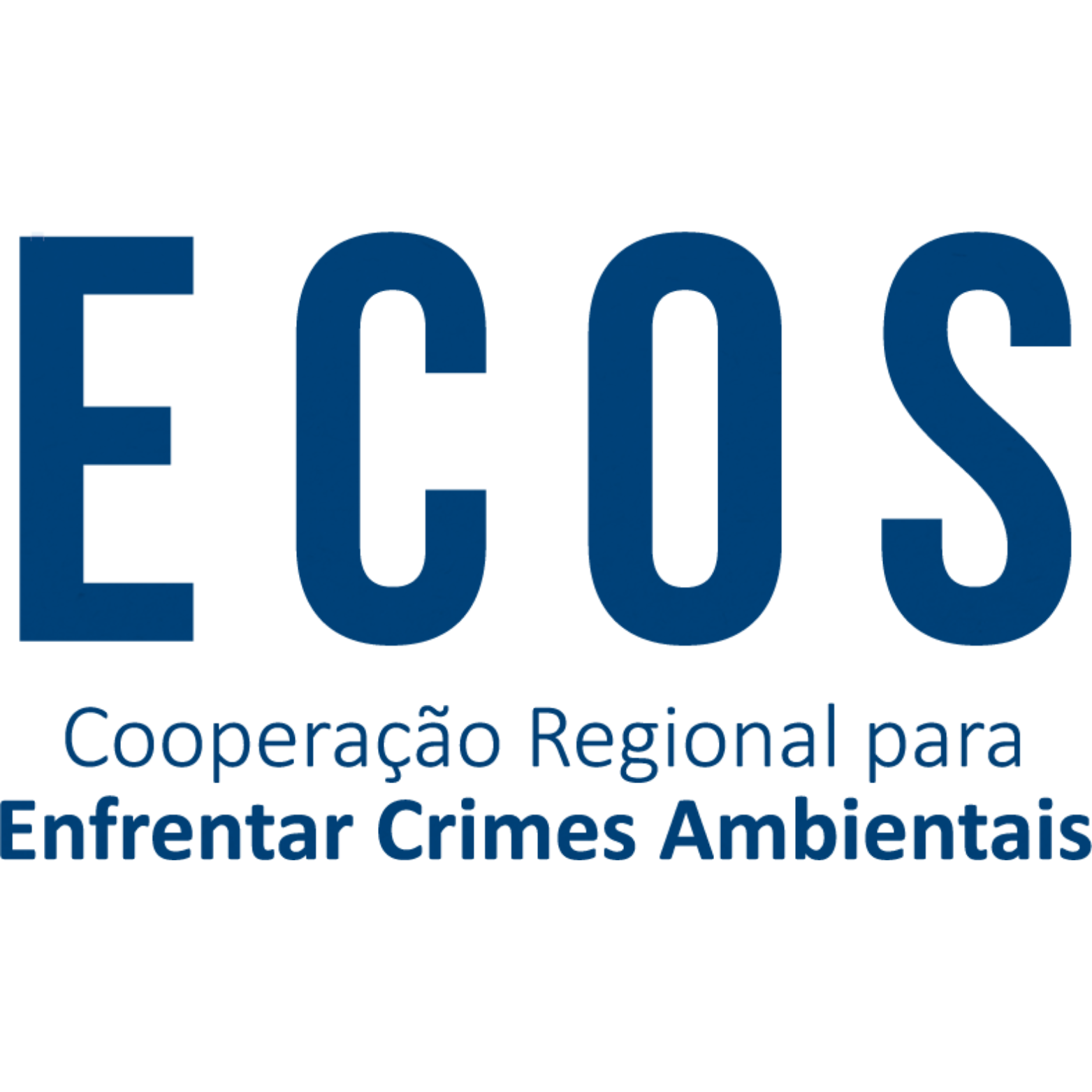
ECOS – Regional Cooperation to Address Environmental Crimes is implemented within the framework of the UNODC Global Programme on Crimes that Affect the Environment (GPCAE), with the support of the United States Agency for International Development (USAID), in six Latin American countries: Brasil, Colombia, Ecuador, Guyana, Peru and Suriname.
The project aims to enhance regional cooperation and the capabilities of justice system actors and law enforcement to detect, intercept, investigate, and prosecute transnational conservation crimes (TCCs) in the Amazon Rainforest.
ECOS develops activities in four thematic areas: wildlife trafficking, forest crimes, crimes in the fishing sector, and those related to mining.
ECOS technical assistance model aims to promote interinstitutional collaboration to achieve common goals among environmental sector authorities at the regional level.
A participatory approach is a key element, involving law enforcement agents democratically. This model provides spaces for technical and criminal discussions to build joint responses.
The expected results of ECOS are: